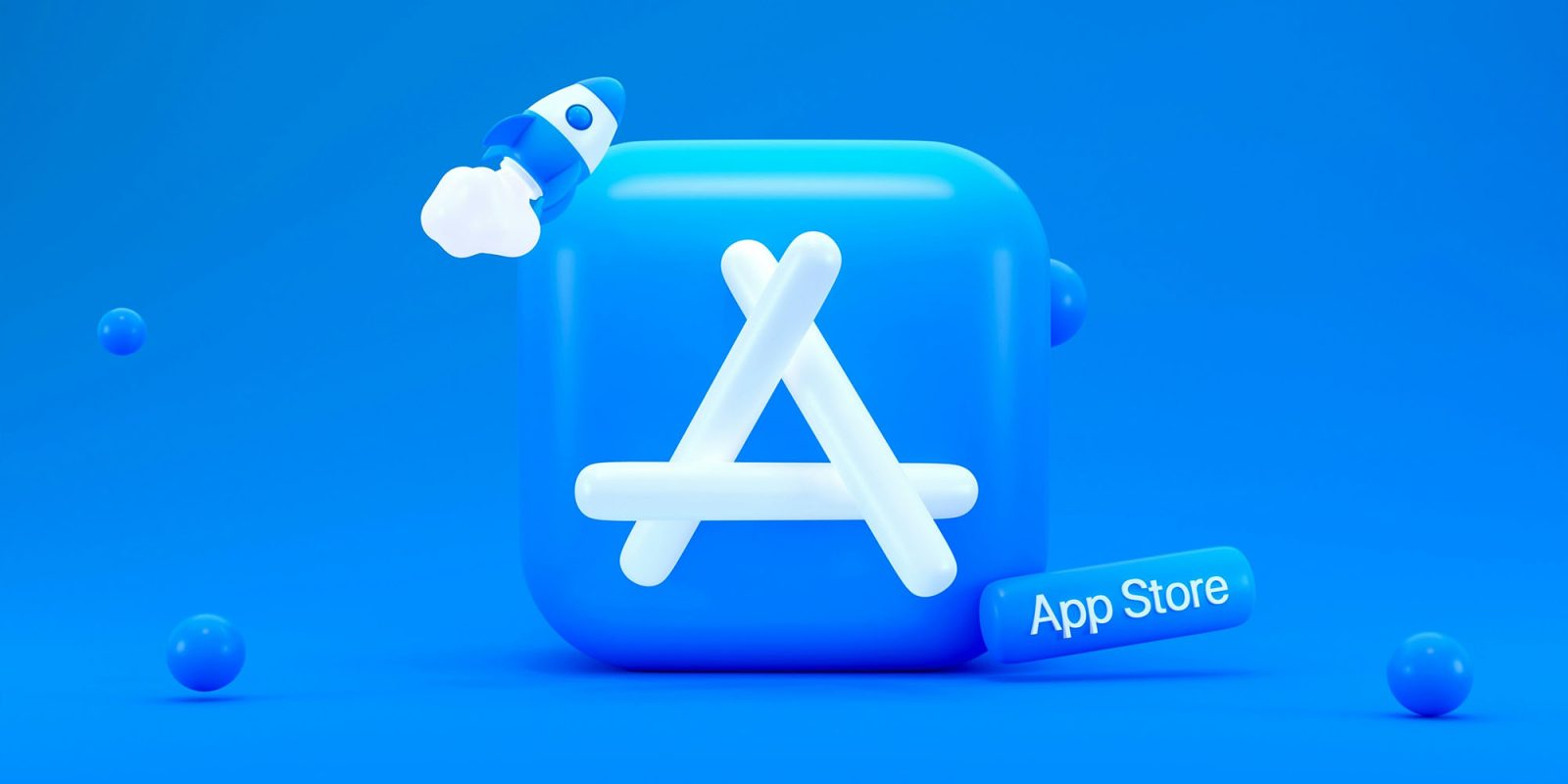
Since 2020, Japan’s Fair Trade Commission has investigated Apple and Google’s dominance in the mobile market. This week, the watchdog published a series of new guidelines that the two companies must comply with, chief among them allowing third-party app stores. Here are the details.
New guidelines align with recent EU requirements
In a 119-page document issued this week, the Japan Fair Trade Commission established the Mobile Software Competition Act Guidelines, which are set to come into effect on December 18.
In essence, the guidelines state that Apple and Google can’t favor their apps over third-party competitors, either by leveraging user data natively collected by the operating system, or by unfairly delaying, rejecting, or hindering competitors’ apps’ presence or visibility in their respective app stores.
Apple and Google will also be required to establish a firewall that prevents their own teams from accessing and leveraging sensitive developer data when building competing products, and will have to submit yearly compliance reports.
While the document goes to great lengths to propose hypothetical scenarios that account for edge cases and potential exceptions (since many of the rules will certainly prove technically difficult to navigate and comply with), two provisions are far less open to interpretation:
“Article 7, Item 1 of this Act prohibits designated providers of basic operation software from limiting application stores provided through their basic operation software solely to those provided by the designated providers themselves or their subsidiaries (…)”
And
“Article 8, Item 1 of this Act prohibits designated providers of application stores from imposing conditions that prevent individual app providers from using alternative payment management services (…) when offering individual software through the application store.”
In other words, much like many recent regulatory guidelines across the world, Apple and Google will have to allow third-party app stores, and third-party payment systems within apps available either in their own app stores, or in third-party app stores.
The guidelines also establish that, like the recent wave of DMA requirements, Apple and Google will have to open device features and hardware to third-party apps.
As the JFTC website states, “The Act will come into full effect on December 18, 2025. The JFTC will continue to prepare for the full enforcement of the Act, including efforts to promote public awareness.”
Accessory deals on Amazon
FTC: We use income earning auto affiliate links. More.



AloJapan.com